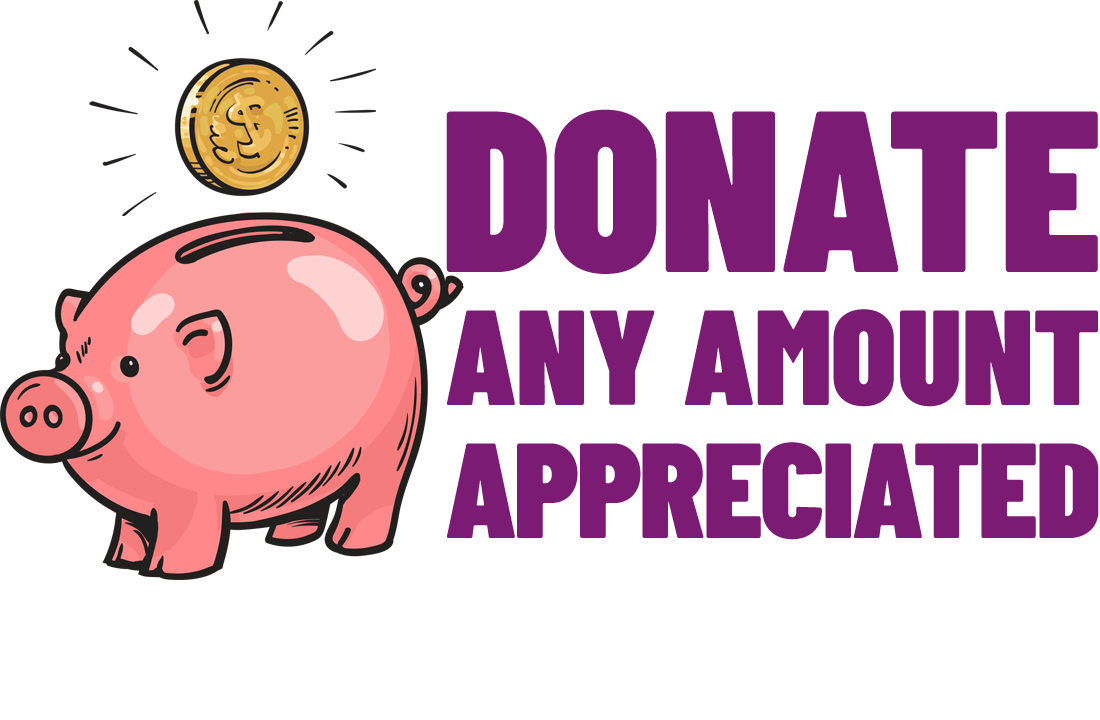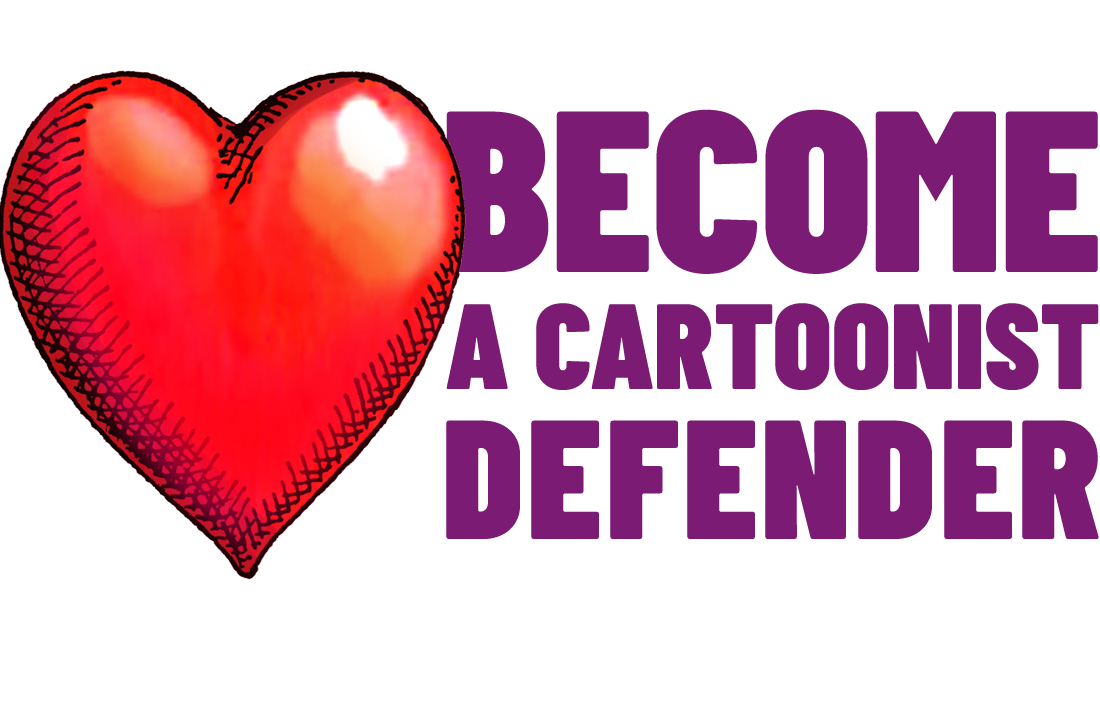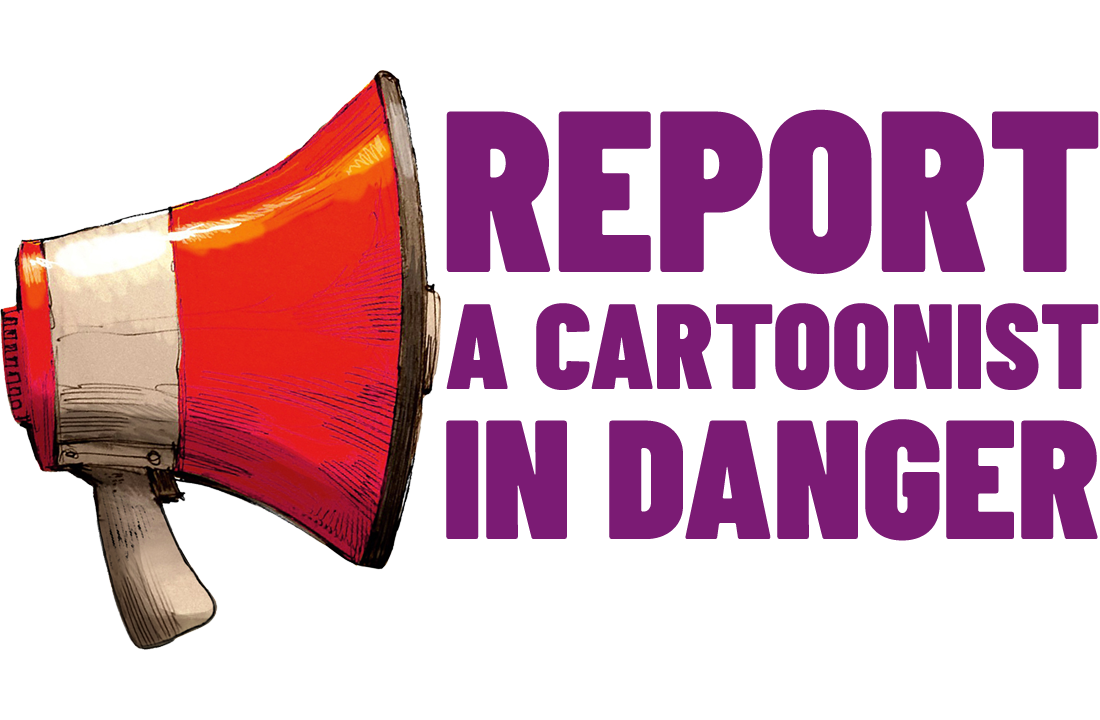In the coming days we mark the eighth anniversary of the terrorist attacks at Charlie Hebdo‘s office, and at Montrouge and Porte de Vincennes around Paris as well as the following Republican Marches, what much of the world recalls as the Je Suis Charlie rallies.
This week the magazine carried a number of cartoons depicting the Supreme Leader of the Islamic Republic of Iran, Ayatollah Ali Khamenei and featured Hebdo’s typical mix of sexual and scatological imagery, along with more conventional editorial cartoons condemning censorship, patriarchy, capital punishment and police brutality, and of the kind that may be found in the majority of European periodicals.

As articulated by the editor, the current Iranian Islamic regime has been singled out because of the popular protest movement in the country, contextualising this gesture in the history of state-sanctioned persecution of cartoonists as well as sponsorship of their own abundantly controversial cartoon contests, featuring cartoons doubtless as offensive to some as a number of those featured in Hebdo are to others.
A diplomatic incident has ensued. The Islamic Republic of Iran’s is not the first regime to use Charlie Hebdo as a culture war fig-leaf to distract from their own record and they will not be the last.
Truthfully the magazine and France are simply their bête noire du jour. Time and again its leaders and their adherents have demonstrated a willingness to harass, detain, maim and murder their own cartoonists, poets, artists, novelists, musicians, journalists, academics and athletes at home and abroad.
Freemuse’s reporting for 2021 covers sixteen incidents of artistic freedom violated in Iran, including six artists in prison, two criminalised, and five recently detained. They list female musicians in the country as a particularly vulnerable group.
Reporters Without Borders ranks the country third from the bottom on their World Press Freedom Index. All of this prior to the severe crackdown on civil liberties following the death of Jina Mahsa Amini, what may be considered the inspiration for all these cartoons.
Wholly intolerant of dissent domestically, the Islamic Republic of Iran’s (over) reaction to an assortment of caricatures appearing in French news kiosks is predictable. As ever our position on this matter is clear; publication of a cartoon does not warrant violence. Within the realms of free expression exist all the appropriate means to vehemently criticise and repudiate material that causes offense, a subjective matter in any case. Stepping beyond those bounds is antithetical to human rights.








